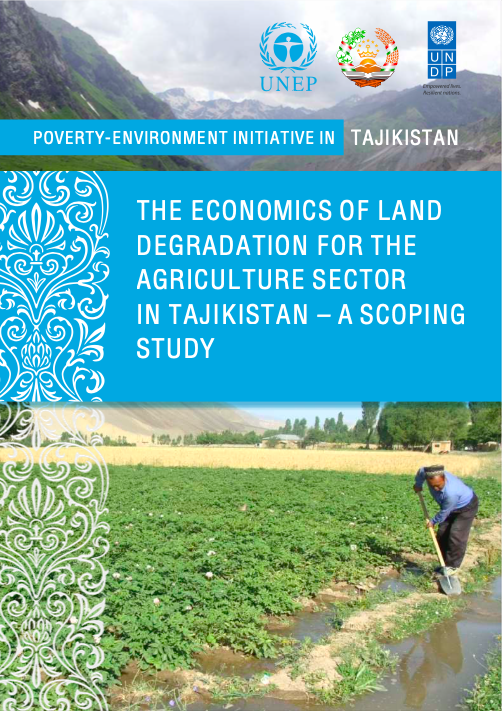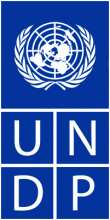Resource information
As part of the broader United Nations Development Programme and United Nations Environment Programme (UNDP/UNEP) Poverty-Environment Initiative (PEI), Phase 1 Project, the overall objective of this study is to develop a framework to assess the impact of land degradation and the benefits of SLM. The framework sets out an approach that can be generally applied in Tajikistan to provide information on the costs of degradation, benefits of SLM practices, and trade-offs involved in policy choices that could guide decision-making, with the aim of supporting the mainstreaming of poverty and environment linkages into the national planning and budgeting processes. The specific objectives of the study are: To conceptually develop a methodological framework for assessing the impact of land degradation, that can be applied to the different types of land degradation in Tajikistan focused on the agricultural sector; To develop a database for collating the data required to undertake an economic assessment of land degradation at the national, regional or district scale, and to populate this database with available information. This will provide an understanding of data availability and key data gaps. To partially apply the methodological framework to assess the cost of land degradation in six pilot districts. To recommend future activities to develop the evidence base on the economics of land degradation in Tajikistan. To prepare a PEI Policy Brief for Government decision-makers based on the findings of the study.


